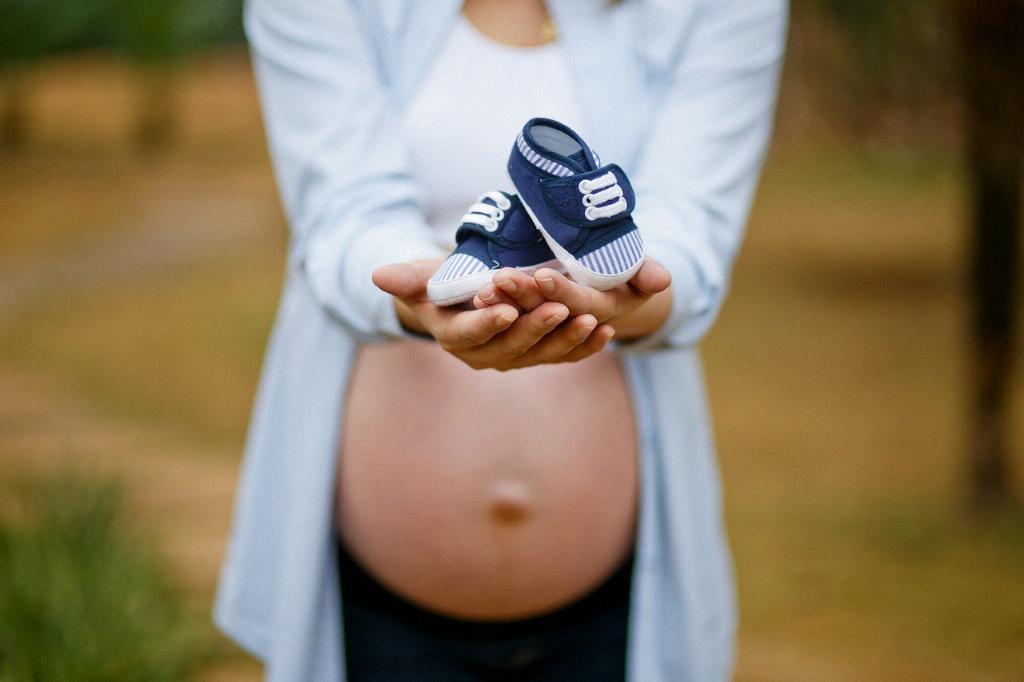When it comes to injections for pregnancy prevention, one commonly used method is Depo-Provera. Depo-Provera contains a type of progesterone hormone that helps in preventing pregnancy. These shots are designed to provide protection against pregnancy for a period of up to 14 weeks. However, it is essential to note that individuals typically need to receive a shot every 12 weeks to maintain its effectiveness.
While Depo-Provera injections are known for their efficacy in preventing pregnancy, it is crucial to understand that they do not offer protection against sexually transmitted infections (STIs). Therefore, if you are considering this form of contraception, it is important to also use additional protection, such as condoms, to reduce the risk of STI transmission.
One of the key advantages of Depo-Provera injections is their long-lasting nature. By receiving a shot every 12 weeks, individuals can benefit from continuous protection against unwanted pregnancies. This makes it a convenient option for those who prefer not to worry about daily contraceptive methods.
It is essential to follow the recommended schedule for receiving Depo-Provera injections. Deviating from the prescribed timeframe may reduce the effectiveness of the contraception, increasing the risk of pregnancy. Therefore, it is advisable to set reminders or appointments to ensure timely administration of the shots.
Some individuals may experience side effects when using Depo-Provera injections. These side effects can vary from person to person and may include changes in menstrual patterns, weight gain, and mood swings. It is essential to discuss any concerns or adverse effects with a healthcare provider.
For those considering Depo-Provera injections as a form of contraception, it is important to have a thorough discussion with a healthcare provider. A healthcare professional can provide detailed information about the benefits and potential risks associated with this method, helping individuals make an informed decision about their reproductive health.
It is crucial to note that Depo-Provera injections do not protect against STIs. To ensure comprehensive protection, individuals should use additional barrier methods, such as condoms, during sexual activity. This dual approach can help reduce the risk of both unintended pregnancies and sexually transmitted infections.
While Depo-Provera injections are highly effective in preventing pregnancy, they may not be suitable for everyone. Individuals with certain medical conditions or risk factors may need to explore alternative contraceptive options. Consulting with a healthcare provider can help determine the most suitable method based on individual health needs.
Regular follow-up appointments with a healthcare provider are recommended for individuals using Depo-Provera injections. These appointments allow for monitoring of any potential side effects and ensure that the contraception remains effective. It also provides an opportunity to discuss any concerns or questions related to contraceptive use.
Individuals who are considering starting or discontinuing Depo-Provera injections should consult with a healthcare provider. Sudden changes in contraceptive methods can impact reproductive health and fertility. A healthcare professional can provide guidance on the best approach for transitioning to or from Depo-Provera injections.
In conclusion, Depo-Provera injections offer effective protection against pregnancy for up to 14 weeks, with shots administered every 12 weeks. While this method is convenient and long-lasting, it is essential to supplement it with barrier methods for STI protection. Consulting with a healthcare provider is crucial for understanding the benefits and considerations of Depo-Provera injections in the context of individual reproductive health.

